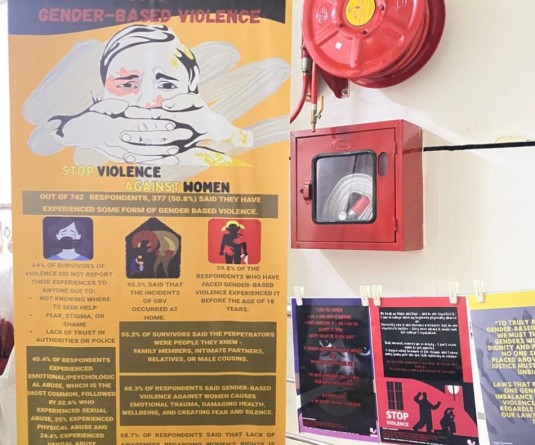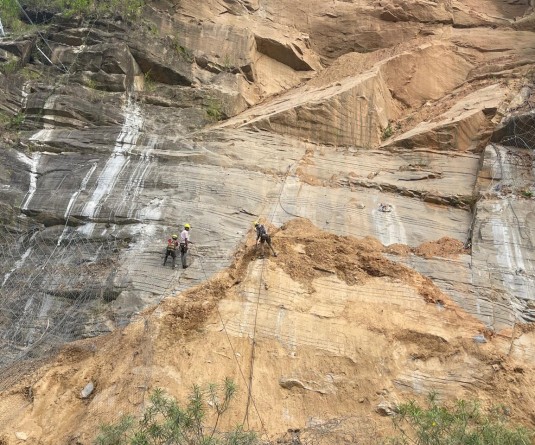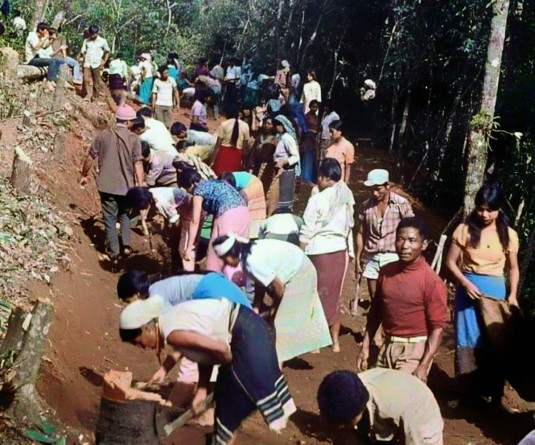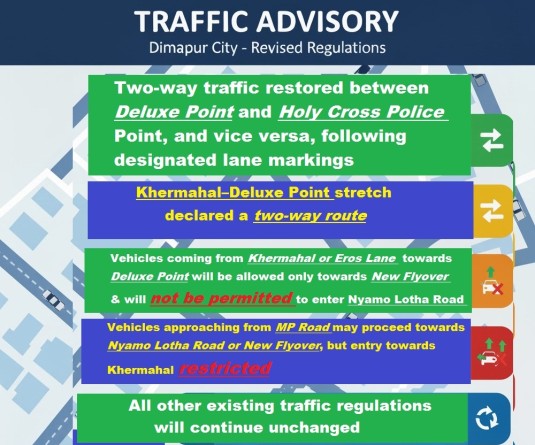
KOHIMA, MAY 16 (MExN): President of the Naga National Council (NNC), Adinno Phizo, today stated that the “policy of the NNC at all time has been and will be to resolve differences with others through understanding and peaceful means.” “Reason must prevail and we hope India will leave Nagaland soon,” said the NNC President, in a press note, while extending greetings to the Naga people on the 63rd anniversary of Naga Plebiscite Day of May 16, 2014.
Adinno asserted that the Naga people “are not fighting for political power but to save the country from foreign domination.” She expressed hope that modern India “should understand best because she too was against foreign domination for a long time and got her freedom only in 1947.”
We know the Nagas are not Indians and Nagaland is not Indian territory, Adinno stated and asserted that the referendum of 1951 was “necessary” because “India presumed they could control Nagas easily.” She said that AZ Phizo, then President of the NNC, organized the people to have a plebiscite “so that the people can show voluntarily whether continue to stay independent or to join India.” “The result was 99.9% to stay independent; not to join India. By tradition the Nagas take oath seriously,” said Adinno.
She reminded that when India “invaded” Nagaland in 1954, the Nagas though unprepared did not get frightened but “were ready to defend the country and fought well with sheer determination.” Fighting continued till 1964, and the Government of India agreed to a ceasefire agreement with the Federal Government of Nagaland (FGN), initiated by the Nagaland Baptist Church Council and through the Nagaland Peace Mission members Rev. G. Michael Scott from great Britain, Jayaprakash Narayan, Sarvodaya leader of India, and Bimala Prasad Chaliha, the then Chief Minister of Assam in 1964. “But the Indian Government abrogated the ceasefire agreement on August 31, 1972 without resolving the conflict between the two nations,” she lamented.
The NNC President said that from 1954 onwards, “a massive concentration of Indian army occupied Nagaland and later the Indian Government enacted the Armed Forces Special Powers Act in 1958 to empower its armed forces, which continues till today.”
Adinno questioned as to “what the government of India is going to prove to the world? Since the Nagas are not demanding anything from India.” She asserted that the conflict with India was not caused by the Nagas and that the Nagas “are not the belligerent party but victims of aggression.”
Adinno stated that the “perseverance of our people who stood against the evil tide of destruction by the enemy,” has enabled a semblance of normal life to return to Nagaland today. “For this, we ought to remember those who did not live to see what we have today. And we must trust God in all we do,” she added.
NNC commemorates 64th Plebiscite Day
Kohima, May 16 (MExN): “During the Plebiscite the Nagas had only one objective and that was ‘We Nagas are one. And Nagas are not Indians’. But today we have become extremely divided. What Nagas started in the beginning had a different motive than what it is now.” said Lhouvitsü Tatar Hoho, FGN during the 64th Naga Voluntary Plebiscite Day which was commemorated at Chedema Peace Camp on 16th May, 2014.
The program was chaired by Thepucüyi Vadeo, Joint Secretary, NNC, while the prayer was invoked by Thihü Khamo, Assistant Secretary and Chaplain. Short speeches were shared by Kaka Iralu, Writer, Thepfulhouvi Solo, Lhouvitsü, Tatar Hoho, FGN, I. Temjenba, Kedahlo, FGN. The message sent by Adinno Phizo, President, Naga National Council (NNC) was shared by L. Kaiso, Secretary, NNC.
Kaka Iralu shared on the two basic objectives of the Plebiscite that is ‘We are Nagas’ and ‘Urra Uvie’ (Our land is ours). “The Indo-Naga conflict is an issue of invasion.” said Kaka Iralu who asserted that what Nagas are demanding is not Sovereignty but ‘Recognition’ because according to Iralu the Nagas already declared themselves sovereign on 14 August 1947 and that the right of ownership came from God. Iralu also emphasized on the ‘responsibility’ for ownership of one’s land.






